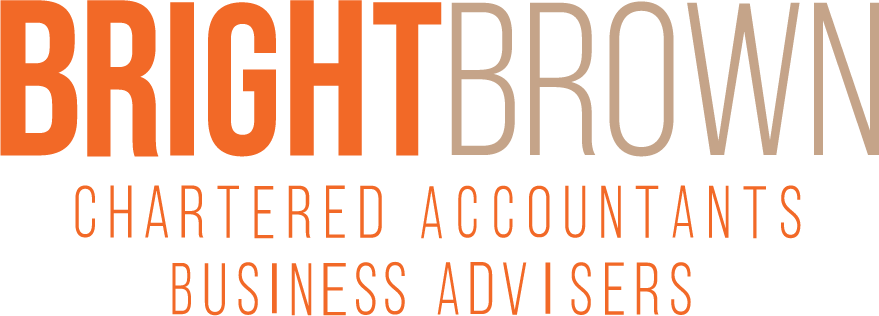Essential Checklist for Businesses
Navigating tax can often feel like traversing a labyrinth of rules and regulations, especially for businesses. With the ever-evolving tax landscape, ensuring compliance becomes not just a necessity but a strategic imperative. Fortunately, with the right approach and knowledge, businesses can streamline their tax processes and stay on the right side of the law. In this article, we’ll delve into the essential checklist for UK businesses to maintain tax compliance effortlessly.
Understanding Tax Compliance
What exactly does compliance entail for businesses? Before diving into the checklist, it’s crucial to grasp the fundamentals. Compliance refers to adhering to the laws, regulations, and requirements set forth by the government concerning taxation. It involves accurately reporting income, deductions, and other financial
information to the relevant tax authorities.
Why is Tax Compliance Important?
Why should businesses prioritise tax compliance? The consequences of non-compliance can be severe, ranging from hefty fines and penalties to legal repercussions. Moreover, maintaining compliance fosters trust with stakeholders and enhances the overall reputation of the business. By staying compliant, businesses mitigate the risk of audits and ensure smooth operations in the long run.
What Does the UK Business Tax Compliance Checklist Include?
- Registration and Documentation
How should businesses kickstart their tax compliance journey? The first step involves registering with the appropriate tax authorities, such as HM Revenue & Customs (HMRC) in the UK. This entails obtaining a Unique Taxpayer Reference (UTR) and ensuring all necessary documentation is in order. - Understanding Tax Obligations
What are the specific tax obligations businesses need to fulfil? From corporate tax to Value Added Tax (VAT) and payroll taxes, understanding the various taxes applicable to your business is paramount. Each tax comes with its own set of rules and deadlines, necessitating thorough comprehension to avoid pitfalls. - Record-Keeping Practices
How can businesses maintain accurate tax records? Implementing robust record-keeping practices is crucial for tax compliance. This involves maintaining comprehensive financial records, including income, expenses, invoices, and receipts. Leveraging accounting software can streamline this process and ensure compliance with regulatory standards. - Timely Filing and Payment
What role does timing play in tax compliance? Meeting filing deadlines and making timely tax payments are non-negotiables for businesses. Missing deadlines can result in penalties and interest charges, adversely impacting the financial health of the business. Establishing a calendar of key tax dates and adhering to it diligently is essential.
- Seeking Professional Guidance
When in doubt, where can businesses turn for assistance? Engaging the services of tax professionals or accountants can provide invaluable support in navigating complex tax laws and regulations. These experts can offer tailored advice, help optimise tax strategies, and ensure compliance with the latest legislative changes.
Frequently Asked Questions (FAQs) on Tax Compliance
What are the consequences of non-compliance with tax regulations?
Non-compliance can lead to large fines, penalties, and even legal consequences. It can also damage the reputation of the business and erode stakeholder trust.
How often should businesses review their tax compliance processes?
Regular reviews are essential to ensure ongoing compliance, especially in light of evolving tax laws and regulations. Businesses should conduct periodic assessments to identify any gaps or areas for improvement.
What steps can businesses take to mitigate tax-related risks?
Implementing robust internal controls, staying abreast of regulatory changes, and seeking professional advice are effective strategies for mitigating tax-related risks.
Conclusion
In conclusion, compliance is a critical aspect of running a successful business. By adhering to the UK business tax checklist and staying proactive in managing tax obligations, businesses can mitigate risks, foster trust, and ensure long-term sustainability. Remember, staying compliant isn’t just a legal requirement—it’s a strategic imperative that lays the foundation for financial health and growth.
By following this comprehensive checklist, businesses can streamline their tax compliance efforts and stay ahead of regulatory requirements effortlessly. Simplify your tax journey and pave the way for success in the competitive business landscape.
Remember, seeking professional support from us at Bright Brown ensures your financial affairs remain in capable hands. Get in touch with us today for expert advice.



